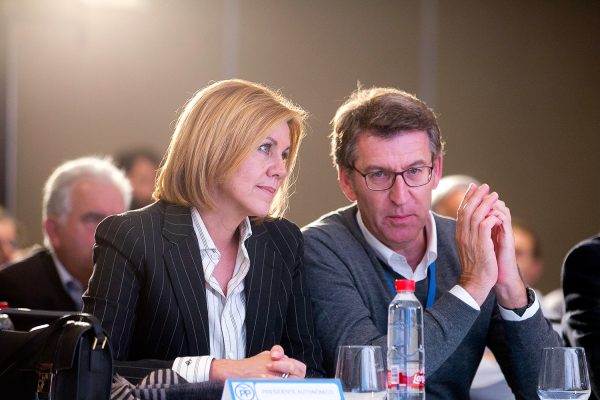
Incumbents won regional elections in the Basque Country and Galicia on Sunday, giving a boost to Spanish prime minister Pedro Sánchez and throwing more doubt on the confrontational strategy of his conservative opponent, Pablo Casado.
The Basque Nationalist Party, which supports Sánchez’ minority left-wing government in Congress, posted its best result since 1984 with 39 percent of the votes.
In Galicia, the popular center-right governor, Albert Núñez Feijóo, won a fourth term with 48 percent support, the same share as in the 2016. The left-wing Galician Nationalist Bloc went up from 8 to 24 percent at the expense of other left-wing and regional parties. It doesn’t always support Sánchez in Congress but did back his investiture in January.
Coronavirus
The results probably reflect a desire for stability in two regions that have escaped the worst of Spain’s coronavirus pandemic. Across Europe, voters have thrown their support behind incumbents.
Spain has the highest number of confirmed coronavirus cases in the EU, but most have been in the densely populated regions of Catalonia and Madrid.
National implications
The elections also have national implications.
Unlike many of his counterparts in Europe, Sánchez has not been able to bridge the left-right divide during the pandemic. Most conservative voters still mistrust him.
They are egged on by the uncompromising leader of the conservative People’s Party, Casado. He has moved his party to the right on everything from abortion to immigration to taking Gibraltar back from the British. He has accused Sánchez of making deals with “traitors” (Basque and Catalan nationalists) to get into power, lying about the true extent of the coronavirus pandemic and imposing a “constitutional dictatorship” on Spain during three months of emergency rule, when the government restricted travel and enforced quarantines.
Feijóo has been one of Casado’s internal critics. He spoke out against the terms of a deal with the far right in Andalusia, which included repealing LGBT protections, a law on violence against women and historical memory laws, which Vox said imposed a “biased” version of Francoist history on students.
The deal nevertheless went ahead and the People’s Party suffered its worst defeat in national elections in April 2019, losing 69 out of 135 seats in Congress.
In reelections in November, Casado made the same mistake again, trying to outflank Vox by taking a hard line on Catalan separatism. The party did gain back some seats (anti-Catalanism is a guaranteed vote-getter in middle Spain), and it has since risen another 3-4 points in the polls seemingly at the expense of Vox. But it is not appealing to many centrist voters.
Feijóo’s success in Galicia proves the People’s Party still can — if it doesn’t lurch too far to the right.
